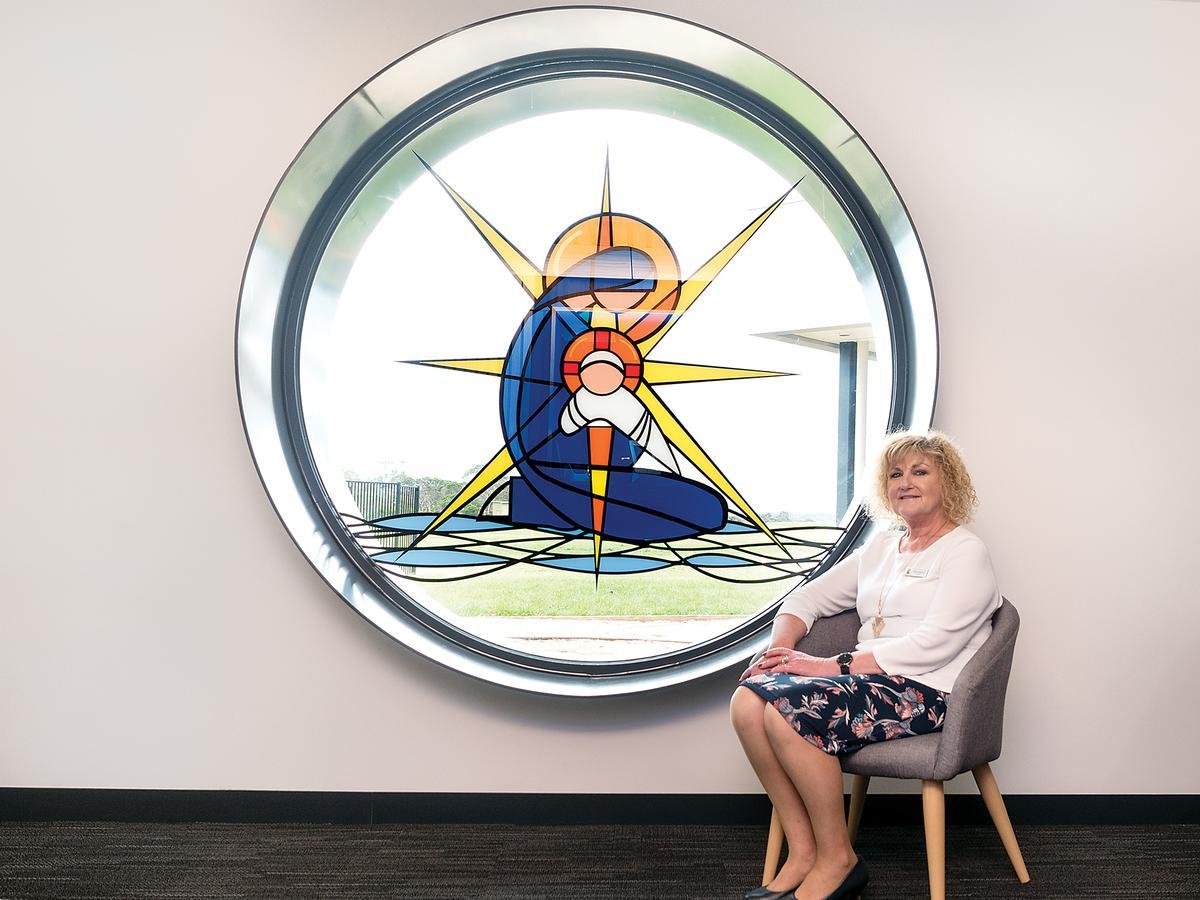Principal Message

Be Kind, Be safe, Be respectful, Be responsible, Be resilient, Be ready
Dear Parents and carers,
We all know that parents are all-loving of their children and would never dream of allowing a “negative” or “nasty” thought concerning their children to pass through their mind. Never? Well, maybe a quick thought about how our children don't really appreciate all we do for them or how self-absorbed and self centred they can be and how we thought that, when we had them, we were inviting them to join us, whereas, now, on occasion our teenagers might grudgingly allow us to join them and..... OOPS!
Not to worry. Children don't come into the world hardwired to be appreciative or thankful. They learn this over time. Teaching children to be thankful helps them to resist the urge to be self centred and self-absorbed. It is important for children to appreciate the “good” in their lives, for thankfulness is directly related to happiness. This “good” is centred round the simple pleasure of life: a home, food, clothing, education and the love of family and friends.
We parents are the most significant example of any quality to our children and when it comes to demonstrating thankfulness, we need to portray it not as a shallow formality but something to be internalised and thought about before it is expressed. All children are selfish and ungrateful at times. However, that just gives us an opportunity to encourage deeper thinking in our children, such as the consequences of actions, so they learn to recognise how being thankful is a great way to live.
In our consumer driven society, we might be unwittingly drawn into the culture of the “must-haves”. We don't want to disappoint our children, we want to make sure they have everything their friends have and so we are led to buy every possible “gadget” that’s “fashionable”.
“By providing our children with their every heart’s desire, and maybe more, we have failed to provide them with the proper attitude in which they should be received. Instead of appreciating and being thankful for what they have, our children want and expect the latest iPods, mobile phones, laptops. We have entrenched our family firmly in commercialisation.”
Susan Newman. Little Things Long Remembered.
It can be helpful for our children to receive the occasional reality check by exposing them to videos from “third world countries”. We can challenge our children’s assumptions about the things they take for granted by having them observe the everyday struggle billions of people have to find food, clean water and adequate shelter. Doctors, dentists, teachers are but a dream for so many of these people but are taken for granted in our children’s lives. Our children will realise that even in the simple things of life, they have much more than many other children.
In Australia we now have a National Day of Thanksgiving held in the last week of May. Its purpose is to encourage us “To pause as a nation and say thank you to God and to each other for the many things we often take for granted but which really make our lives worth living.. It is a day to celebrate our Christian heritage, demonstrate the love of God, thank those who have made a positive impact on our lives and encourage each other.” What a great concept. Maybe during the year sometime, each family could have its own “Family Day of Thanksgiving”.
“Let us be thankful to people who make us happy; they are the charming gardeners who make our souls blossom.” Marcel Proust.
Keep smiling
Cathy

